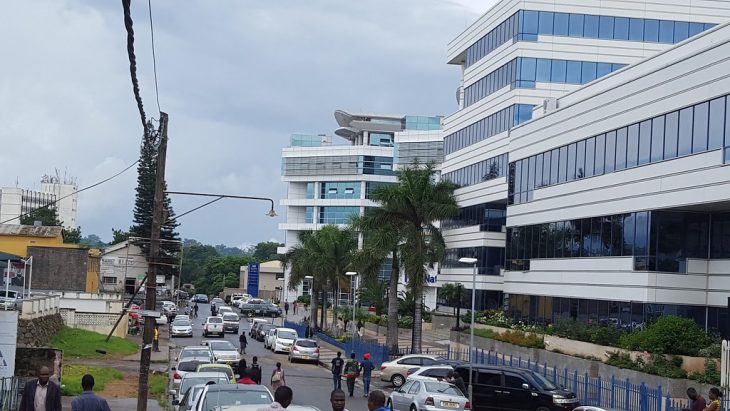
RBM Revitalizes Economic Prospects with Strategic Debt Restructuring Initiative
Key Business Points
- The Reserve Bank of Malawi (RBM) has successfully negotiated better debt restructuring terms with Afreximbank and Trade and Development Bank (TDB), a move expected to ease the country’s debt burden.
- The new agreement allows for repayment of some loans in local currency, while others will be paid in dollars, providing flexibility and potentially reducing the pressure on the country’s foreign exchange reserves.
- The development is crucial for Malawi’s economy, as failure to restructure the country’s debt could have catastrophic consequences, including undermining economic growth and destabilizing the financial sector.
The Reserve Bank of Malawi (RBM) has announced that it has renegotiated debt restructuring terms with Afreximbank and Trade and Development Bank (TDB), a significant development for the country’s business community. This move is expected to provide relief to Malawi’s economy, which has been struggling with unsustainable public debt. The International Monetary Fund (IMF) had previously set addressing this issue as a prerequisite for its support, including a $175 million Extended Credit Facility.
According to RBM director of capital markets and microfinance supervision Mark Lungu, the new deal includes repayment terms of up to 30 years, with a 17-year moratorium. This is a significant improvement from the initial terms proposed by the IMF, which had suggested a more stringent repayment schedule. Lungu noted that the regional creditors, including Afreximbank and TDB, have business interests in Malawi, and as such, have agreed to more favorable terms.
The Malawi Government had contracted several foreign currency-denominated facilities with external creditors between 2012 and 2020, with repayments starting after June 2020. As of 2023, the total debt amounted to approximately $1.2 billion, with $800 million contracted from Afreximbank. The RBM had also entered into a committed facility with TDB, providing a revolving multi-tranche special commodity and trade financing facility of up to $307 million.
Economist Bond Mtembezeka warned that failure to restructure the country’s debt would have severe consequences for the economy. The Ministry of Finance and Economic Affairs data shows that as of September 2024, total public debt stock was K16.19 trillion, or 86.4 percent of projected gross domestic product. The external debt stock was recorded at $4.27 billion, with Afreximbank and TDB accounting for a significant portion of this debt.
Afreximbank and TDB are key players in the regional economy, providing financing and advisory services for intra and extra-African trade. The new agreement is expected to provide a breakthrough for Malawi’s economy, allowing the country to manage its debt more effectively and focus on economic growth and development. As the country moves forward, it is essential for businesses and entrepreneurs to be aware of the chetezo cha mphindi, or the debt restructuring process, and its implications for the economy. By understanding the mkwapula wa kifaru, or the debt repayment terms, businesses can make informed decisions and take advantage of the opportunities presented by the new agreement.
What are your thoughts on this business development? Share your insights and remember to follow us on Facebook and Twitter for the latest Malawi business news and opportunities. Visit us daily for comprehensive coverage of Malawi’s business landscape.
- Malawi’s Maize Price Slump: Strategic Response for Business Growth - February 6, 2026
- Malawi’s Agricultural Resource Imbalance: Economic Opportunities at Risk - February 6, 2026
- Empowering Malawi’s Future: Minister Fast Tracks Technical College Upgrades for Economic Growth - February 5, 2026
